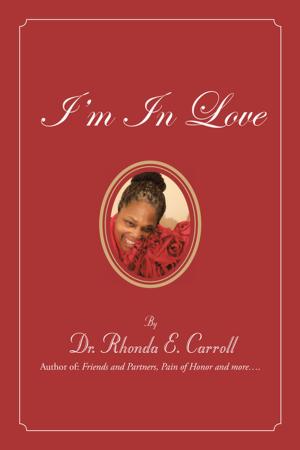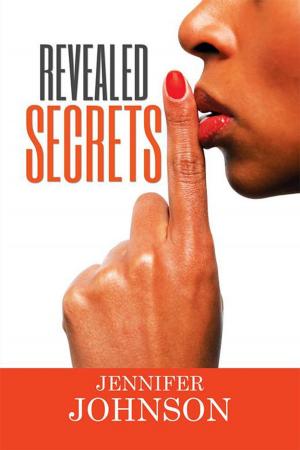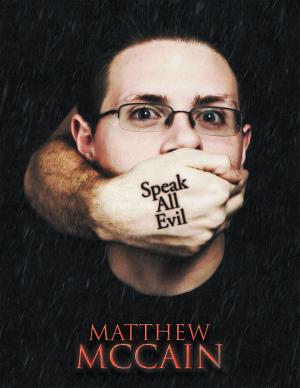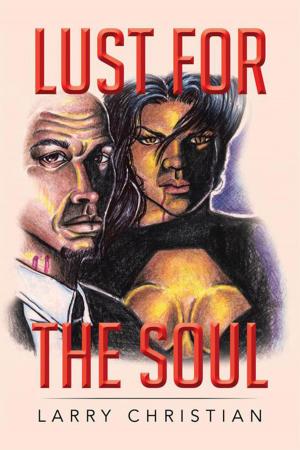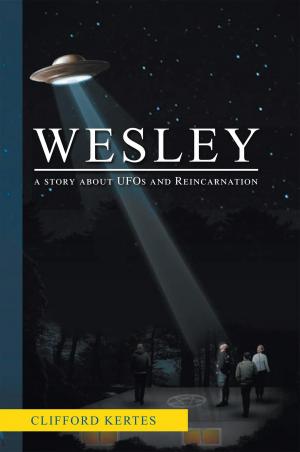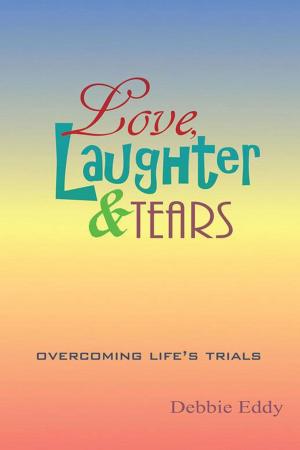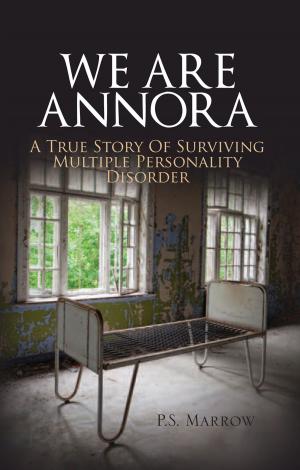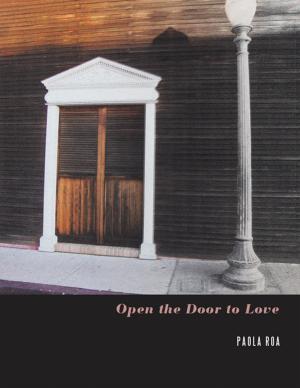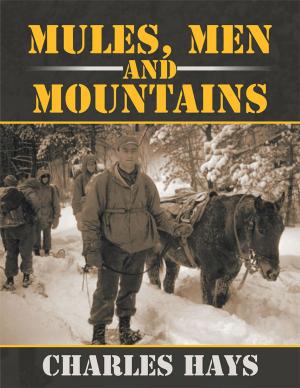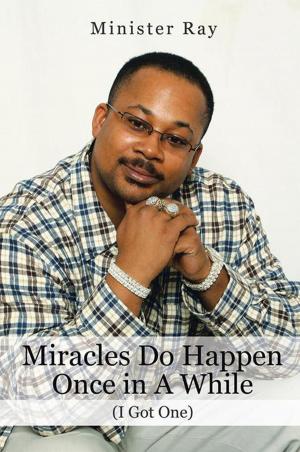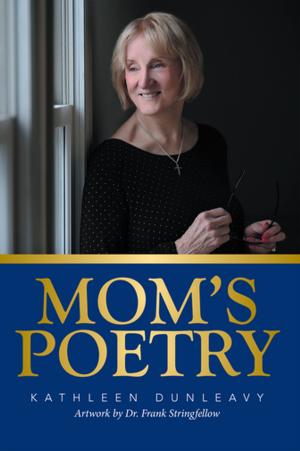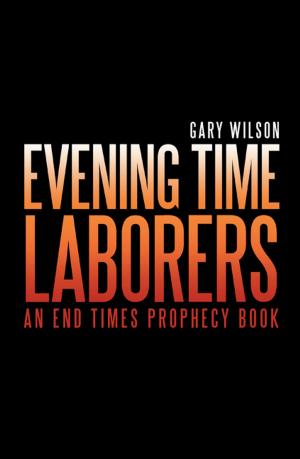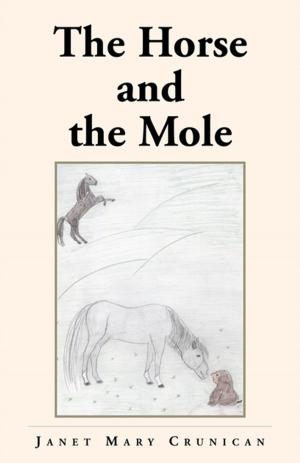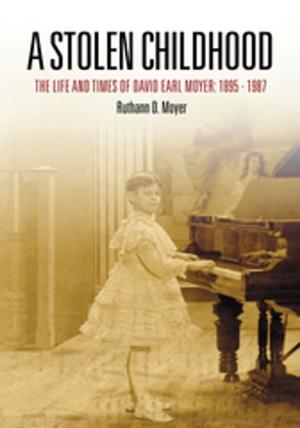| Author: | Mary Buchanan | ISBN: | 9781479770410 |
| Publisher: | Xlibris US | Publication: | January 2, 2013 |
| Imprint: | Xlibris US | Language: | English |
| Author: | Mary Buchanan |
| ISBN: | 9781479770410 |
| Publisher: | Xlibris US |
| Publication: | January 2, 2013 |
| Imprint: | Xlibris US |
| Language: | English |
INTRODUCTION Have you ever heard of a bean bus? Well, it was a one-way ticket to New York for my family when I was a young girl growing up in dire poverty in Alabama during the 1950s. While I felt quite isolated many times, thousands of families from Alabama, Florida and other Southern states caught rides to Upstate New York, chasing the chance to make enough money to feed and clothe their families. As I begin my story in a hospital during the 1990s, it isnt the beginning of my story. It isnt even the end. No, my first reflection was the initiation for this project - the death of my mother. Though it is a clich, life really is what happens while were busy making plans. It wasnt until my dear mommas life was ending that I took the time to recall how we got to that small, sorrow-filled hospital room. In the early summer of 1959, I was a young, black girl with four younger siblings, a mother who was barely putting food on the table for us and a step-father who had headed North months earlier, in search of a job and money. My mother and I had few resources to hold the family together, and what we had was drying up quickly. Then, like an angel, my mothers cousin drove into town with promises of a job and a better life, just for the summer, in Upstate New York picking beans for the season, living on a migrant camp. After a couple of days, our small family boarded a bean bus. Barefoot and hungry, we wished for little more than enough money to buy food and pay rent when we returned home at the end of the summer. However, there were different, bigger plans for us. Situations during that season made it impossible for us to return to Alabama. Little did we know our three-month visit to New York would last over three decades. In fact, my mother never returned to the South at all to live. Instead, she embarked on a life that included divorce, more children and entering the federal welfare system. Being born to a sixteen year old who hid her baby in the woods because she feared her mother, I consider myself a diamond in the rough; every family has a diamond solitary. I was born for a purpose in my family. I believe God knew Mama needed me for what was ahead in her life. She gave birth to a son with a rare handicap when I was four years old. I was the one who would have to take care of him, the one who had to be strong for Mama during her weakness. I wrote this book for healing and closure. I left behind all the sad memories in this book. I wanted to forget the fact my family was on welfare throughout my childhood. I wanted to forget the days of going without food. I wanted to forget the domestic abuse my mother endured. I needed the affirmation that I did not do so badly amidst all the adversity in my life as a child. I wanted to forget the pain that remains. Letting go of the pain that remains in my life is due largely to my success of breaking the welfare cycle that was once a part of my existence Today, I am a better woman because of the hardship I endured. This is a story filled with sadness. It is with sincere hope that all who read this book will realize there is no greater love than the love of family.
INTRODUCTION Have you ever heard of a bean bus? Well, it was a one-way ticket to New York for my family when I was a young girl growing up in dire poverty in Alabama during the 1950s. While I felt quite isolated many times, thousands of families from Alabama, Florida and other Southern states caught rides to Upstate New York, chasing the chance to make enough money to feed and clothe their families. As I begin my story in a hospital during the 1990s, it isnt the beginning of my story. It isnt even the end. No, my first reflection was the initiation for this project - the death of my mother. Though it is a clich, life really is what happens while were busy making plans. It wasnt until my dear mommas life was ending that I took the time to recall how we got to that small, sorrow-filled hospital room. In the early summer of 1959, I was a young, black girl with four younger siblings, a mother who was barely putting food on the table for us and a step-father who had headed North months earlier, in search of a job and money. My mother and I had few resources to hold the family together, and what we had was drying up quickly. Then, like an angel, my mothers cousin drove into town with promises of a job and a better life, just for the summer, in Upstate New York picking beans for the season, living on a migrant camp. After a couple of days, our small family boarded a bean bus. Barefoot and hungry, we wished for little more than enough money to buy food and pay rent when we returned home at the end of the summer. However, there were different, bigger plans for us. Situations during that season made it impossible for us to return to Alabama. Little did we know our three-month visit to New York would last over three decades. In fact, my mother never returned to the South at all to live. Instead, she embarked on a life that included divorce, more children and entering the federal welfare system. Being born to a sixteen year old who hid her baby in the woods because she feared her mother, I consider myself a diamond in the rough; every family has a diamond solitary. I was born for a purpose in my family. I believe God knew Mama needed me for what was ahead in her life. She gave birth to a son with a rare handicap when I was four years old. I was the one who would have to take care of him, the one who had to be strong for Mama during her weakness. I wrote this book for healing and closure. I left behind all the sad memories in this book. I wanted to forget the fact my family was on welfare throughout my childhood. I wanted to forget the days of going without food. I wanted to forget the domestic abuse my mother endured. I needed the affirmation that I did not do so badly amidst all the adversity in my life as a child. I wanted to forget the pain that remains. Letting go of the pain that remains in my life is due largely to my success of breaking the welfare cycle that was once a part of my existence Today, I am a better woman because of the hardship I endured. This is a story filled with sadness. It is with sincere hope that all who read this book will realize there is no greater love than the love of family.


